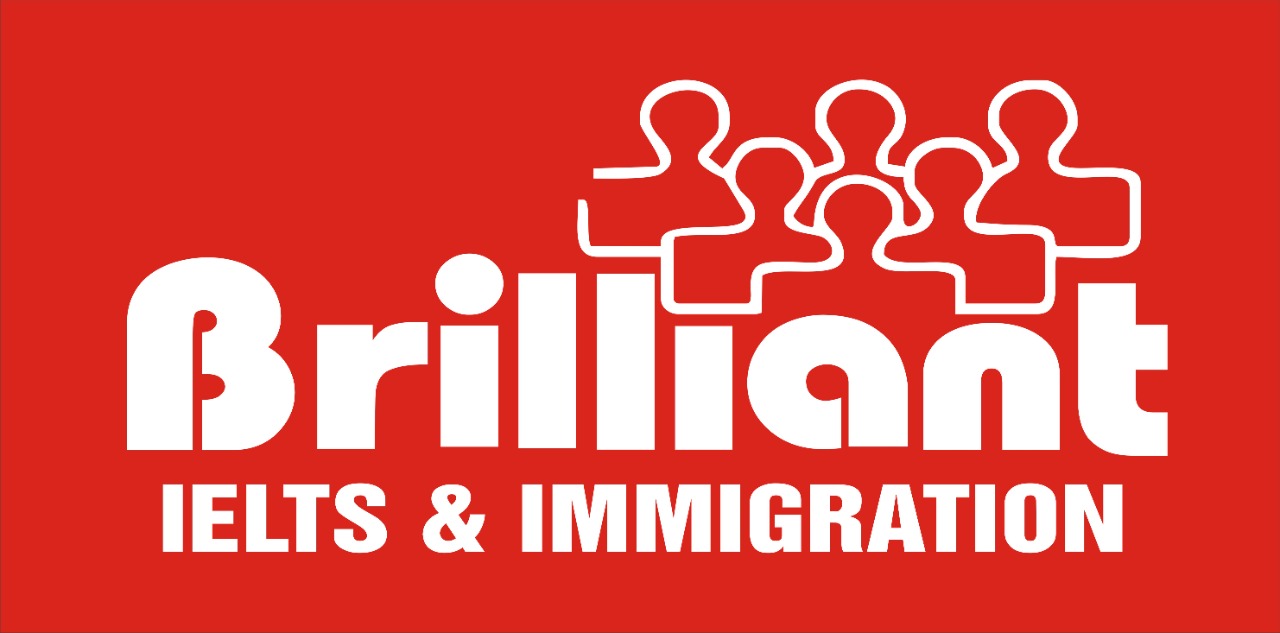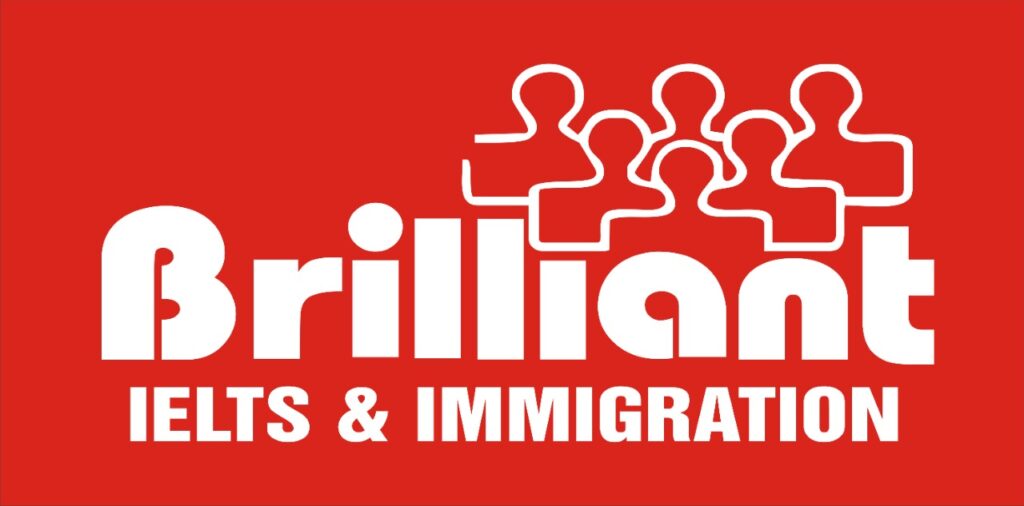Study In Canada
Canada is one of the best study destinations for students in the world offering high-quality education at an affordable fee structure with degrees that are recognized worldwide.
Over the past few years, education and tourism have steadily increased in Canada. According to the UN survey, Canada has been voted one of the three best places to live in the world for nine consecutive years. There are many reasons why students want overseas education — high-quality institutions at an attractive price, in a safe, beautiful, multicultural, progressive, and welcoming environment. The excellent combination of high-quality education, career opportunities, and the chance of immigration is what attracts them to Canada.
REASONS WHY YOU SHOULD CHOOSE TO STUDY IN CANADA:
- A high-quality education : A Canadian degree, certificate, and diploma is considered equivalent to degrees in other Commonwealth countries and the US. Academic excellence is maintained at Canadian universities, which consistently rank in the top tier of international rankings.
- Wide range of programs and courses: Canadian universities offer more than 10,000 undergraduate, graduate, professional, and certificate programs. In addition to their main degree program, students can take workshops, short courses, and upgrades for skilled workers and professionals. Some institutions offer specialized courses like fisheries ,agriculture, paramedical technology, telecommunications, medicine, agriculture, computer technology, business studies, and environmental sciences.
- Low cost of education: The tuition fees in Canada is the lowest as compared to that in US, UK, and Australia. Fees for bachelor’s degrees at US public universities are almost 1/3 higher than at Canadian universities. Canadian universities charge less than half the fees of private universities in the US for undergraduate programs.
- Safe and peaceful atmosphere: Canada is a relatively safe and peaceful country. According to the Global Peace Index Canada is among the top 10 safest countries in the world. It is also relatively unaffected by natural disasters. The country provides students with a very welcoming and friendly atmosphere to live and study.
- Easy visa acquisition: One can easily apply for a study visa in Canada. For this reason it is able to attract thousands of international students every year.
- A beautiful place to live: The landscape of Canada is diverse due to its location near the Arctic Circle surrounded by three oceans (the Pacific, Atlantic, and Arctic). Every year, Canadian cities attract a large number of tourists due to their picturesque landscapes and beauty. There are numerous cultural festivals and exciting events in Montreal such as the Montreal International Jazz Festival and Poutine Week.
EDUCATION IN CANADA
Placement statistics and career opportunities for Canadian graduates are remarkably high, making Canadian universities one of the world’s top ten universities. This results in a maximum number of students applying to study in Canada each year. Government and private institutions offer tertiary education ranging from degrees and diplomas to certificates and attestations, depending on the institution’s nature and duration. Studying in Canada will give you the best chances of becoming successful experts and have the chance to meet some of the world’s top recruiters.
Following are the degrees generally awarded by Canadian higher education institutes.
- Certificate Level (one year)
- Diploma level (two years)
- Advanced Diploma (three years)
- Fast track Diplomas or Advanced Diploma (1 or 2 years)
- Post-graduate Diplomas/Certificates (one or two years)
- Master’s Degree (one to two years)
- Phil. Degree (two years)
- Doctorate or Ph.D. (four to seven years)
THE TOP 10 UNIVERSITIES FOR FOREIGN STUDY IN CANADA ARE:
The following is a list of the top 10 universities in Canada:
- University of Toronto
- University of British Columbia
- University of Waterloo
- McGill University
- University of Montreal
- University of Alberta
- McMaster University
- University of Calgary
- Simon Fraser University
- Queen’s University
TOP COURSES TO STUDY IN CANADA FOR INDIAN STUDENTS:
- Engineering – All Specializations
- Health Sciences
- Information Technology
- Business Management
- Animation / VFX / Graphics Designing
- Media/Communications
- Hospitality Management
- Telecommunications
- Fine arts
- Environmental science
- Computer science
STUDY ABROAD IN CANADA: WHEN AND HOW TO APPLY:
Most Canadian universities invite and accept applications online, which can be found and completed on their websites. University applications are centralized in some provinces, such as the Ontario Universities Application Centre (OUAC). Through these platforms, students can apply to multiple universities with one application. Applications are generally due later than in other countries. Applications usually begin in September, but some universities accept applications as early as January or May.
Students must track the important dates of individual universities to avoid losing out on options.
ELIGIBILITY CRITERIA
The general criteria for application are mentioned below:
English requirements
- The minimum TOEFL score required by most universities for PG courses is 80-84 (internet-based test)
- IELTS and PTE Academic scores are accepted by most universities and colleges
- Proof of a valid language test result, completed within 2 years of the date the SDS application was received, showing either of the following:
- An IELTS score of 6.0 or higher in each of the four language skills: listening, reading, writing, and speaking
- The TEF score must be equivalent to a Canadian Language Benchmark (CLB) score of at least 7 for each ability: at least 310 for speaking, 249 for listening, 207 for reading, and 310 for writing.
- Proof of a Guaranteed Investment Certificate (GIC) of CAN$10,000, or more from any bank insured by the Canadian Deposit Insurance Corporation (CDIC) or any bank listed on the IRCC SDS web pageThe GIC must meet the following criteria:
- After the GIC has been purchased, the bank provides a letter of attestation, the certificate of the GIC, the Investment Directions Confirmation, and the Investment Balance Confirmation to the applicant.
- Banks hold funds in investment or student accounts that are unavailable to applicants until they arrive in Canada.
- Before releasing funds to the holder of a study permit, the bank must verify the client’s identity.
- As soon as an applicant identifies themselves, an initial disbursement is made, and the remaining funds are disbursed over a period of 10 to 12 months in monthly or bimonthly installments.
- proof of full payment of tuition for the applicant’s first year of study. This may be in the form of the following:
- DLI receipt
- An official confirmation letter from the DLI that tuition fees have been paid
- A bank receipt indicating that tuition fees have been paid to the DLI
- Tuition fee funds have been transferred into a repository account at the DLI to be applied to tuition bills later
- letter of acceptance from a post-secondary DLI
- Recent secondary or post-secondary educational transcripts
- proof of completion of an upfront medical examination by a panel physician for applicants
- Those who have lived or travelled for six months in designated countries or territories before arriving in Canada
- Those whose field of study requires upfront results of medical examinations

Get Consulting
Type Of Course
-
IELTS Train the Trainer CourseIELTS Train the Trainer Course
-
PTE – AcademicPTE – Academic
-
ImmigrationImmigration
-
General TestGeneral Test

